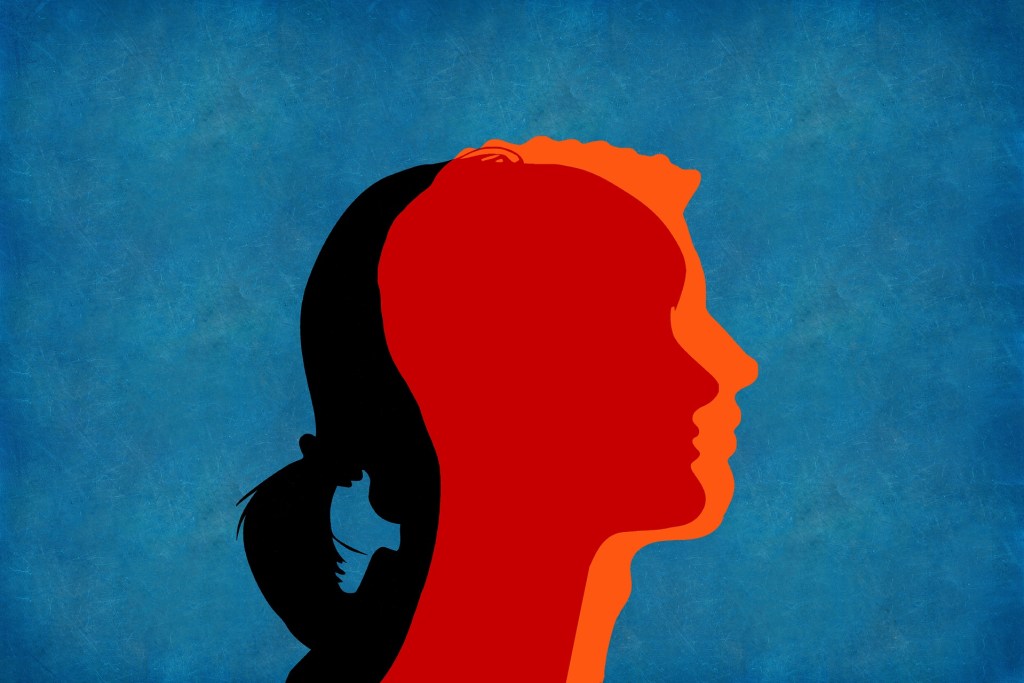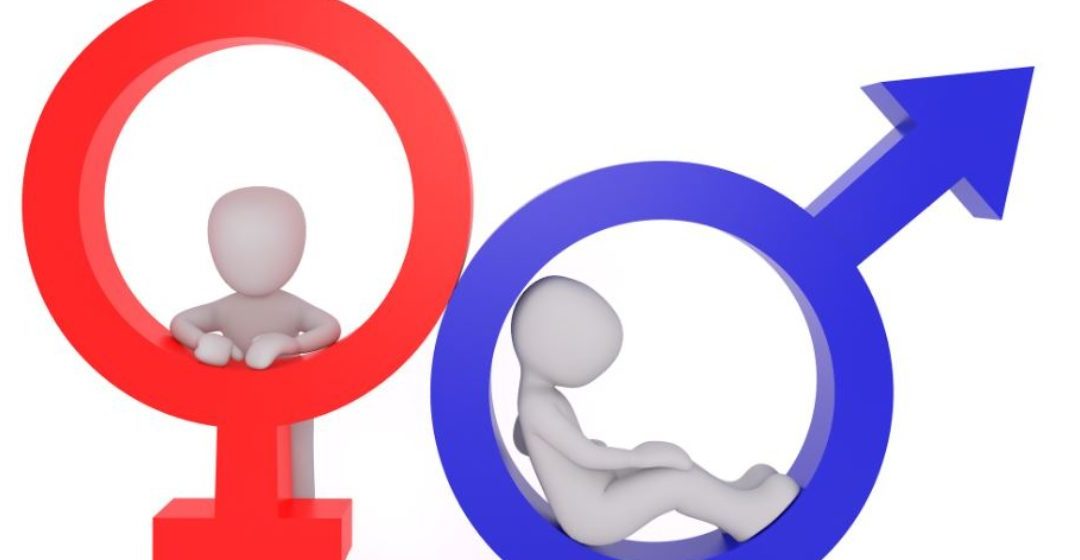At the very first, I must say that this article is inspired by a post that I encountered on LinkedIn. That post was about how the best chefs across the world are men and how most do not cook at home, wondering whether it was all because cooking at home was not paid!
The post got innumerable views and comments, each with their own individual flavor of the interpretation of the original post and their own thoughts, beliefs, and ideas. While I took part in the whole debate, discussion and argument, I still have a need to organize my thoughts about this topic and pen down a few things.
The whole gender debate that is ensuing these days, and especially in the corporate world is extremely complicated. I do not think that the answers are simple. So, please forgive me if this post seems confusing or like a ramble even though I will do my best to structure my thoughts.
Equality of Outcome – The Fallacy of it All

The one thing that I have heard most often by the proponents of female equality in the name of diversity is that women need to have equal representation on the board or the higher levels of the corporate world.
This essentially translates into a number that most of the corporates decide. Depending on their projections, it is either an ambitious 50/50 or a 45/55 ratio.
When an institution tries to equalize on the basis of ‘outcome’, they are assuming that they KNOW that this is what it should be. How do they know?
How do they know that the same proportion of women as men WANT to be engineers or directors or leaders or board members or anything else?
How do they know that the things that the women desire is not different from what they assume?
What if the women desire a more holistic life with family time, children, hobbies, and self-development and are completely fine with not being on the ‘board’?
On the numbers front, we know currently that the proportion of literate women versus literate men is different to start with. While more than 82% of men are literate, only 65% of the women in India are literate; and that is talking at a very basic literacy level.
In the medical field, for example, some specialties are more male-dominated than others like cardiology, gastroenterology, and respiratory medicine while females dominate oncology, dermatology, clinical genetics, and palliative medicine. At a stage when doctors are choosing specializations, does this not show a specific individualistic preference, or is there a hidden bias affecting these empowered men and women too (please to note the sarcasm)?
Out of the 1.1 million students who applied in the JEE main exam in 2017, 72% of applicants were boys1. So, when engineering-based companies like IT expect their gender ratios to be equal or almost equal, what are they thinking?
In addition to that, I do not see those raising their voices for equality talking about equality in roles that require higher levels of physical labor or roles that are more dangerous (like bricklayers, policemen, combat personnel, etc.). Why is that? Is it that the people realize that there may be some roles suited best for men? And maybe, if it is okay to acknowledge the differences in physical strength, it is also time to acknowledge the differences in brain structure and individual choices.
Side Note: Personality tests in psychology are based on the BIG 5 attributes, easily remembered by the acronym OCEAN – Openness, Conscientiousness, Extraversion, Agreeableness, and Neuroticism. Large studies done across cultures show that women are more than 1 standard deviation more agreeable than men (and also more neurotic, which means that they worry more). While this does not mean that ALL women are more agreeable than men, it means that if you pick an agreeable person from the population, that person is 85% more likely to be a woman than a man.
Agreeableness indirectly correlates to corporate success – the more agreeable you are, the less likely you are to achieve higher levels in the corporate hierarchy. (Don’t blame me, I am just quoting from the studies I have read).
Consequences of Running Behind Equality of Outcome
One major consequence of obsessively going behind equality of outcome is the kind of resentment that it is creating among men. It is almost like the #Metoo situation that got so much out of hand that one could not differentiate the real victims from those who are posing to be victims, just because everyone was listening up and taking their side.
One of the most bizarre things I heard was about how managers were being handed only female resumes for consideration after being shortlisted so that the gender ratio target could be achieved.
Does one even realize that this is causing us to hire people who may not be the best for a job? Is the trumpet of gender equality and attaining that ratio so important that one is willing to do the same thing to the opposite gender that is being fought against?
Equality of Opportunity – The Challenge

In my mind, the beauty of equality of opportunity is that it gives the chance to anyone to be what they want to be.
- It gives the chance for a man to be a stay at home dad while the extrovert wife takes up a power crushing job
- It gives the chance for a woman to be an astronaut without getting special mentions because she was the first ‘female’ in space but getting accolades for something new she did
- It gives a chance for a man to explore being a nurse, a caregiver, kindergarten teachers or for a woman to be a carpenter, truck driver, auto-mechanic
It gives us ALL a chance to see each other as humans, as people who have specific and individual traits and some specific limitations too. Some of these are traits are biological in nature, some cognitive, some behavioral, and some emotional. And each of these, affect the efficiency with which we can perform different tasks. Maybe most women (due to being not so physically strong) cannot operate heavy machinery, but those who are strong enough to do so should have equal opportunity to do so. Maybe most men do not have the empathy required to become caregivers but those who do should not be looked at as weird when they want to become nurses.
But, No Smoke Without Fire
After having said all this, there is one thing that keeps nudging me every time I think about this subject and this is that there is no smoke without fire.
We cannot ignore the fact that as much as there is a strong feminist voice, there is also the Boyz Club that actively uses this gender angle to discriminate, more discretely now than before. And maybe that discreteness is due to the amount of noise being made about the unfair hand that was being dealt out to women.
One cannot but miss the fact that less than a hundred years ago women did not have rights over their own children, could not own businesses, and did not have the right to vote in many countries. Different pay grades for the SAME job is still a common thing where men get paid more than women for the same job!!
In another analogy, just because some people misused the #Metoo movement to trumpet their own agendas, does not mean that there were no aggrieved parties at all.
Solution
As I wrote this sub-heading, I almost laughed at myself for thinking that I would have a solution for this complicated matter. However, I do know that the only way we will be able to bring a much-required balance to this madness is to move towards equality of opportunity as against equality of outcome.
The reason why I wrote this piece is that I see the angst that men are feeling towards this effort and that the proponents of equality of outcome are meeting out the same bias that they are fighting against.
The challenge with equality of opportunity is that it is extremely difficult to measure. And so those raising their voices against the unfairness will have no way of working out whether their efforts are making a difference.
Some thoughts on that are here:
- Make it okay for people to voice their opinion about unfairness in your world (corporate, domestic, governments) and create powerful and objective panels that can evaluate such cases
- Create programs that help people grow and develop – when people grow, they are more aware of the oneness of humanity (and even nature) and less likely to differentiate on (least of all) gender (or other biases for that matter)
- Create environments that enhance camaraderie and co-operation rather than competitiveness and angst!
- Create measures of evaluating and assessing bias, prejudices, and collect data over time to see how it changes over the years!
- Make this about working together and not working against each other!
These are long-term projects that may take years to change cultural mindsets but that does not make the effort useless.
Needless to say, there is a huge role that society, parenting, and culture needs to play in this! But maybe, we will leave it for the next post!
Reference
1 Source: https://www.ndtv.com/education/where-are-indias-female-engineers-1738847


Very well thought out…